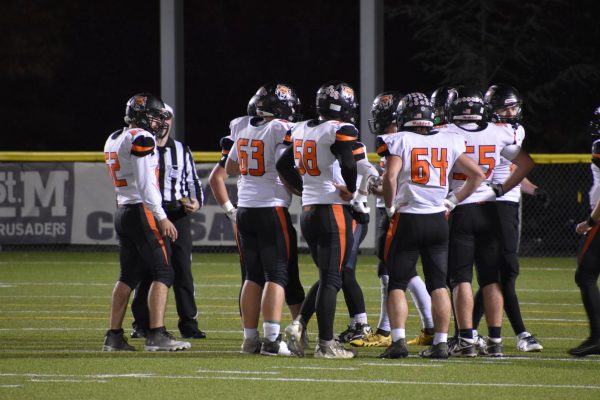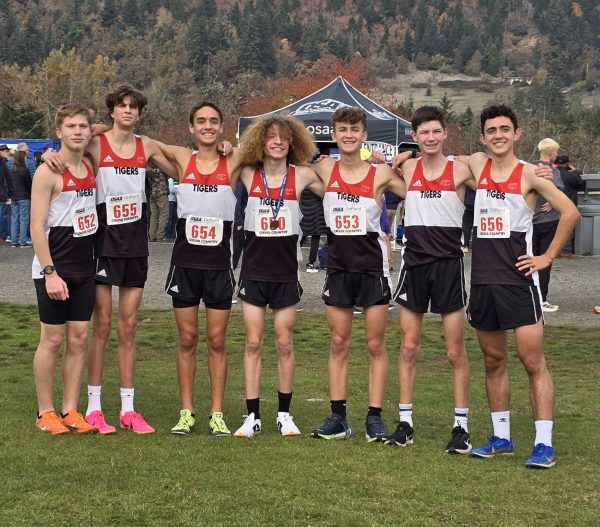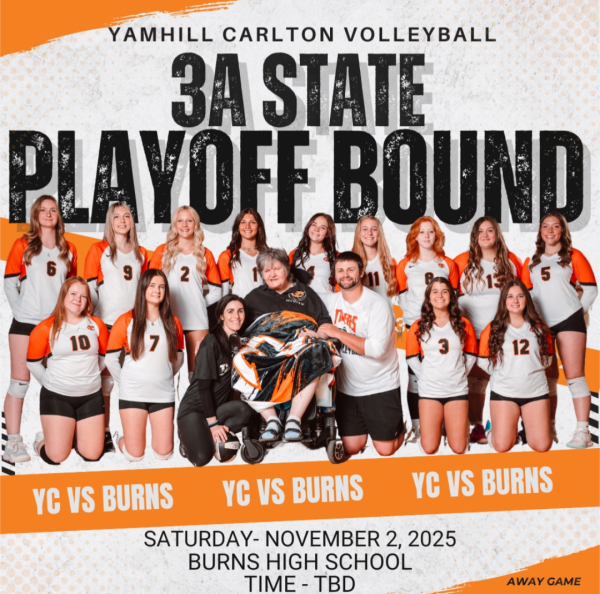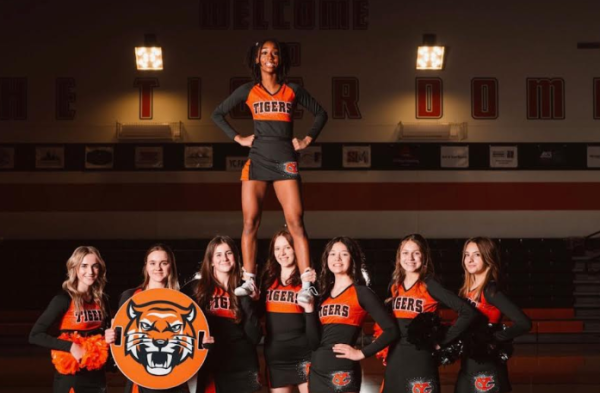The Rugby Culture
There are a few major differences between American sports and rugby. Rugby is player led. What I mean is in rugby a coach’s role is to train players during the week to make good decisions on game day. During a game coaches do not call plays from the sidelines. This is why there is such an emphasis on decision making, teamwork, player to player accountability and honesty. Because what it boils down to is trust. Each player has to trust the other and that only happens if they hold each other accountable, know everyone can make the correct decision and are honest. This is why rugby players form such a tight bond with each other in such short time periods. The game focuses on the players’ personal development, not winning games. In a rugby game a coach might call 1 or 2 plays, most of the time it is none. In American football, for instance, there is an average of 60-72 plays. With most if not all play calling coming from the coach. Think baseball, how many times do players call plays? I am not saying rugby is better than football or baseball. I am saying it is a mental shift many coaches do not understand or agree with.
Rugby has a focus on personal and player development over winning. All coaches say “I will take a lesser athlete if their attitude is better than that of a better athlete.” But if it is between winning a game or actually teaching that lesson many coaches go with the athlete then try to justify their actions. The goal of rugby coaching is to develop people. Once this happens a domino effect occurs. Once people buy into developing as a person, better people come around. Once better people develop and come around the game, the game on the field improves. Another difference is the overall culture.
In American football, soccer, baseball it is considered ok for players, coaches and fans to contest the refs’ call. The sideline culture is a negative one. The spectators yell at the players and refs negatively. In rugby, it is considered rude and dishonorable to talk to the ref if you are not a captain. And captains only talk with the sir with the upmost respect. Spectators who yell at the ref (they are called a sir in rugby) are looked down on by other spectators. Furthermore, if a person is being negative towards another team they are usually warned once then removed from the playing area. All of this is because rugby is a social game. To be social there needs to be zero animosity between players, coaches and fans. After a big game fans usually embrace each other in hugs or handshakes with fans from the other team. Even between players this social relationship is true. After each rugby game there is what is called a social.
After the game the home team is charged with the task of providing food and drinks for the other team. Teams sit among one another to talk and socialize. It is considered rude or unsportsmanlike to not socialize with the other team. Players are stressed not to do or say anything that will embarrass the team, the sport or themselves at these socials. This tradition dates all the way back to the first rugby games. So after 80 minutes of full contact hitting and tackling teams share a meal. Could you imagine professional football teams doing this? Even high school teams? There would be words exchanged if not fists. But the culture that is ingrained in the rugby game does not permit this.
Trevor da Silva born and raised in the United States.
Football experience- 12 years of football (2 years of college football), College of the Siskiyou’s, Western Oregon University.
Football coaching experience-9 years, Yamhill-Carlton High School
Rugby playing experience- 9 years Western Oregon University, Salem Spartans, Portland pigs. All Conference team 06-09, Player of the year WOU, 07-09
Rugby coaching experience 7 years West Valley Rams, Rugby Oregon All Star Red Hawks 2 years




